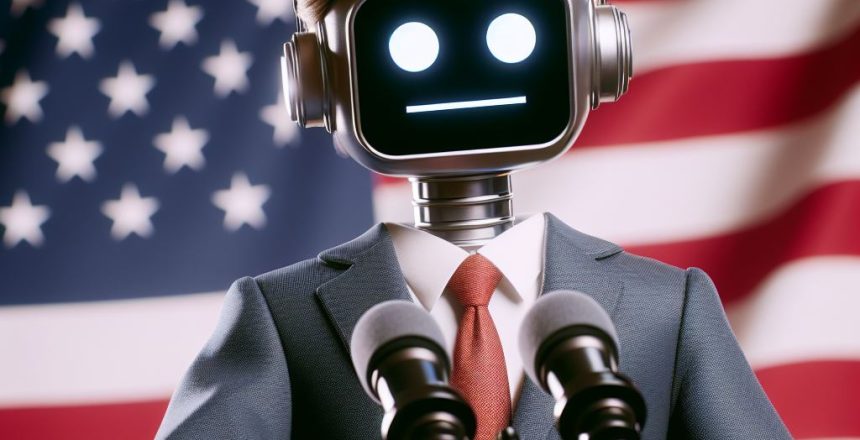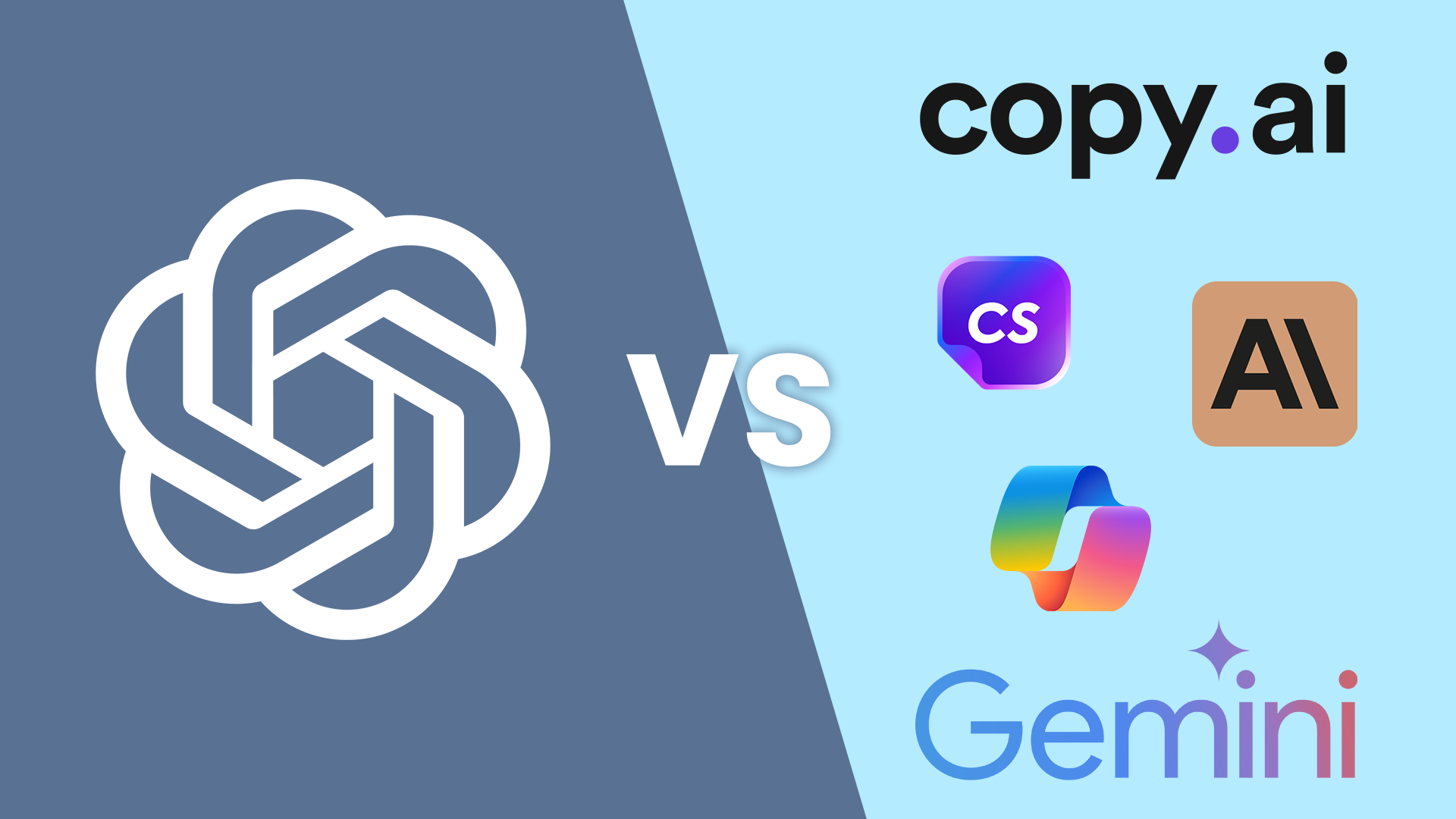In recent times, the rise of generative AI has raised an alarming concern—the potential weaponization of artificial intelligence to generate misinformation, posing a significant threat to democratic elections. The University of Cambridge Social Decision-Making Laboratory has delved into the perils of AI-generated misinformation, shedding light on its capacity to undermine the core foundations of democratic processes.
Table of Contents
Unveiling the Genesis of AI-Generated Misinformation
Before the advent of ChatGPT, its predecessor GPT-2 was instrumental in groundbreaking research conducted by the University of Cambridge Social Decision-Making Laboratory. The researchers sought to explore whether neural networks could be trained to generate misinformation. GPT-2 was fed examples of popular conspiracy theories, tasked with producing fake news. The results were staggering, generating thousands of misleading yet plausible-sounding news stories. Examples included claims such as “Certain Vaccines Are Loaded With Dangerous Chemicals and Toxins” and “Government Officials Have Manipulated Stock Prices to Hide Scandals.”
The critical question emerged: Would people believe these claims? To answer this, the researchers developed the Misinformation Susceptibility Test (MIST) and collaborated with YouGov to gauge Americans’ susceptibility to AI-generated fake news. The outcomes were disconcerting, revealing that a significant percentage of Americans believed false headlines, such as 41% falling for vaccine misinformation and 46% thinking the government manipulated stock prices.
AI-Generated Misinformation and Its Implications on Elections
Looking ahead to 2024, the infiltration of AI-generated misinformation into elections poses a serious threat, potentially without public awareness. Real-world examples, such as a viral fake story about a Pentagon bombing accompanied by an AI-generated misinformation image causing public uproar and affecting the stock market, underscore the tangible consequences of this phenomenon. Politicians are also leveraging AI to blur the lines between fact and fiction, as seen with a Republican presidential candidate using fake images in a political campaign.
Generative AI has transformed the creation of misleading news headlines, automating a process that was once labor-intensive and expensive. Micro-targeting, the practice of tailoring messages based on digital trace data, has become cheap and readily available, thanks to AI, raising concerns about its impact on the democratic process.
The Democratization of Disinformation
Generative AI has effectively democratized the creation of disinformation, enabling anyone with access to a chatbot to seed the model on various topics and generate highly convincing fake news stories in minutes. The consequence is the proliferation of hundreds of AI-generated news sites propagating false stories and videos.
A study by the University of Amsterdam highlights the impact of AI-generated disinformation on political preferences. The researchers created a deepfake video of a politician offending his religious voter base, revealing that religious Christian voters who watched the deepfake video exhibited more negative attitudes toward the politician than those in the control group.
Challenges to Democracy in 2024
As we approach a new election cycle, these studies serve as a stark warning about the potential threats AI-generated misinformation poses to democracy. The concern is that if governments do not take decisive action, AI could undermine the integrity of democratic elections. Many advocate for limiting or even banning the use of AI in political campaigns to prevent manipulation of public opinion and electoral outcomes. Regulatory frameworks and ethical guidelines are deemed essential to address the challenges posed by the rapid advancement of AI in information dissemination.
The Ripple Effect: AI-Generated Misinformation and Businesses
While the threat of AI-generated misinformation is often discussed in the context of elections, its repercussions extend beyond the political sphere, casting a shadow over businesses worldwide. In this evolving landscape of information dissemination, misleading narratives generated by artificial intelligence pose significant challenges for businesses, both internally and externally.
Internal Disruptions:
Within organizations, the spread of AI-generated misinformation can disrupt operations, tarnish reputations, and erode trust among employees. False narratives about a company’s financial stability can lead to uncertainty and anxiety among employees, potentially impacting productivity and morale. Transparent communication becomes crucial to counteract potential negative effects on internal dynamics.
Furthermore, AI-generated misinformation can infiltrate internal communication channels, leading to misinformed decision-making and creating confusion within the organization.
External Repercussions:
Externally, businesses face the risk of reputational damage and financial losses stemming from AI-generated misinformation. False narratives about a company’s products, services, or ethical practices can quickly spread across social media and online platforms, reaching customers, investors, and partners. Such misinformation can lead to a loss of consumer trust, causing reputational harm that may take substantial resources and time to repair.
In the competitive landscape, businesses may find themselves targeted by rivals utilizing AI-generated disinformation as a tool for corporate sabotage. False allegations can be strategically crafted to tarnish a competitor’s image, impacting market share and investor confidence.
Economic Consequences:
The economic consequences of AI-generated misinformation are not confined to election-related scenarios. Businesses may experience financial losses due to fluctuations in stock prices triggered by false reports generated by AI. Investors, relying on accurate information for decision-making, can be misled by deceptive narratives, leading to market volatility and adverse financial impacts.
Moreover, the democratization of disinformation facilitated by AI allows for the creation of deceptive news sites targeting specific industries. Businesses across sectors may find themselves dealing with the fallout of AI-generated misinformation campaigns aimed at manipulating stock prices, consumer perceptions, or regulatory scrutiny.
Conclusion
In the rapidly evolving landscape of information technology, the emergence of AI-generated misinformation presents a critical challenge to the democratic principles that underpin electoral processes. The University of Cambridge Social Decision-Making Laboratory’s research sheds light on the susceptibility of individuals to AI-generated fake news. As we navigate the complexities of the digital age, the question remains: Will society be able to strike a balance between technological innovation and safeguarding the integrity of democratic elections?
Want to stay up to date on how AI might affect your business? Follow NPEC on social media and contact us today to boost your business with technology.




